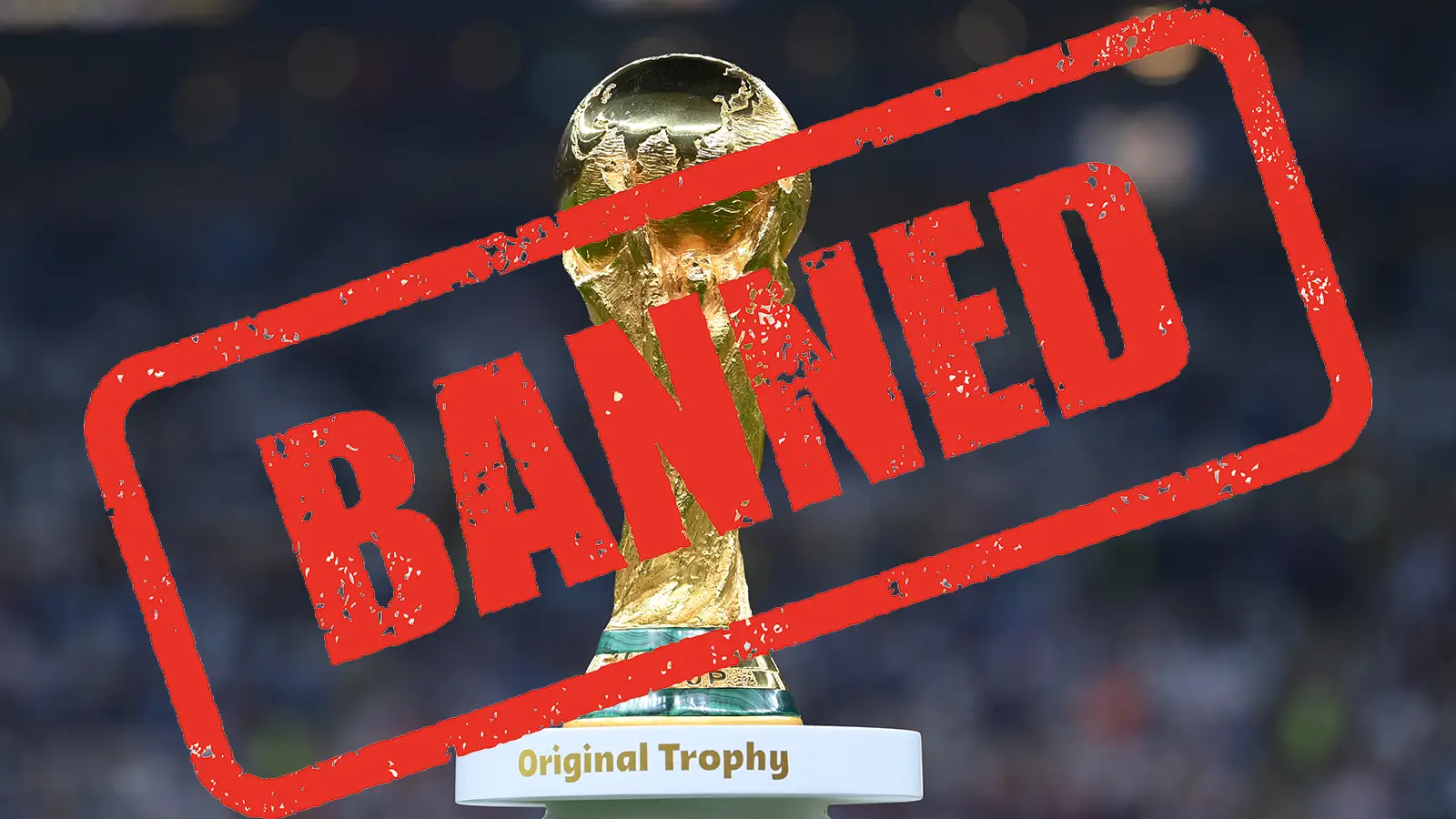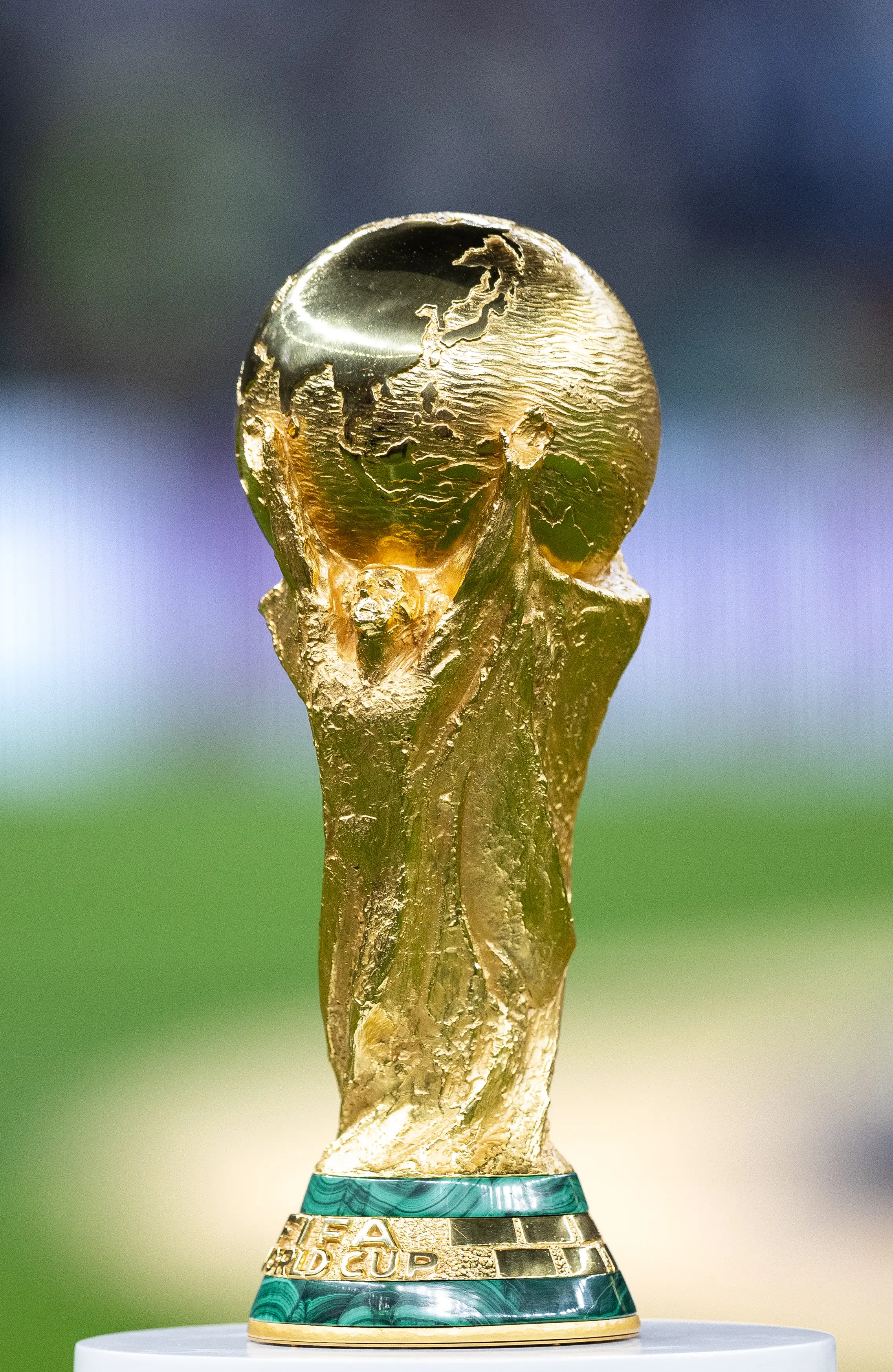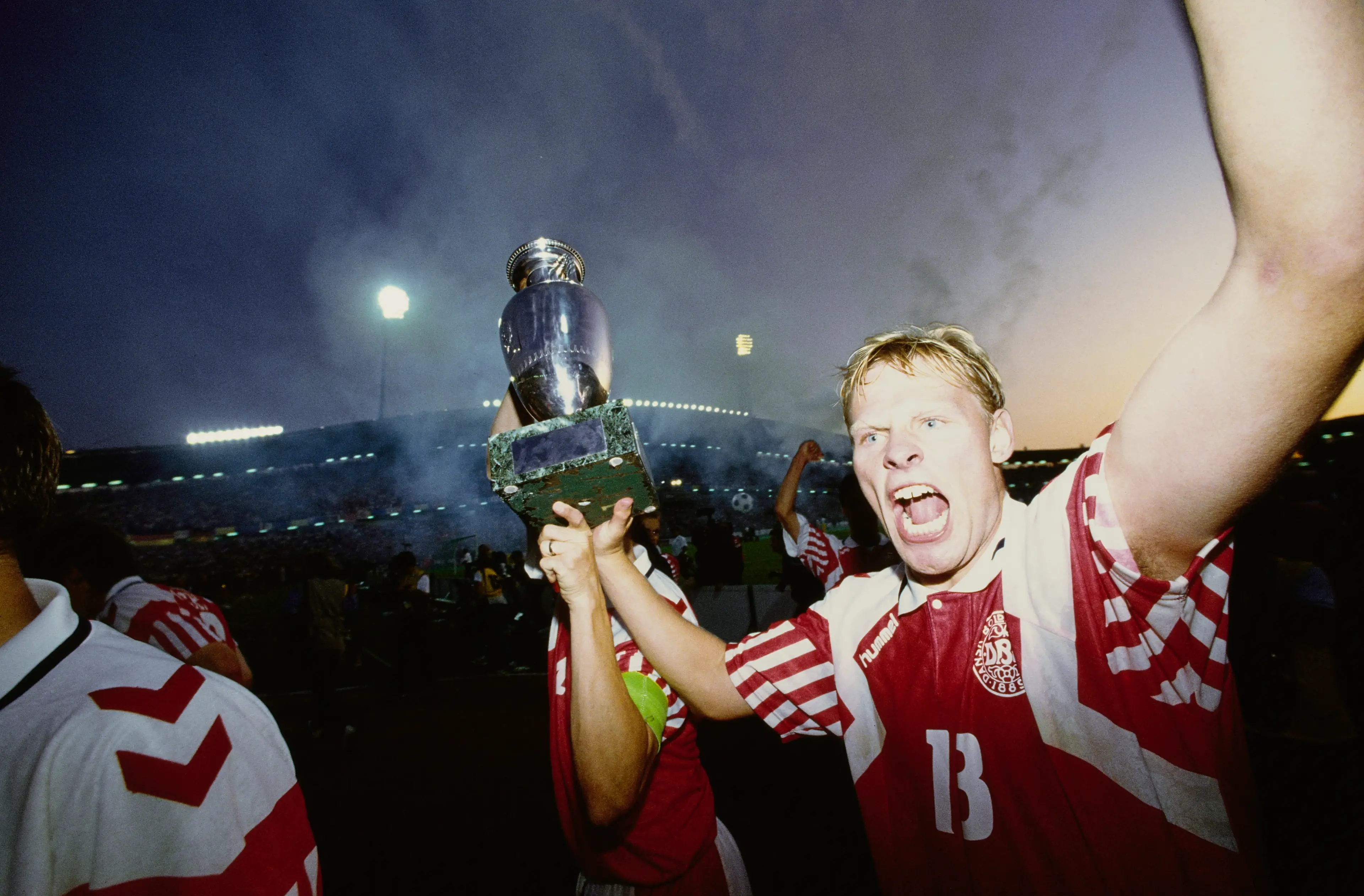Three countries have been banned from competing at the World Cup because of political reasons, following sanctions from the United Nations.
At present, Russia remain suspended from competing in international football and instead have been playing unofficial friendly fixtures against the likes of Belarus, Nigeria, Zambia and Grenada in recent times.
The suspension was announced by FIFA and UEFA in May 2022 amid the invasion of Ukraine and a number of European associations refusing to play Russia.
Russia appealed to the Court of Arbitration for Sport but were unsuccessful in their efforts - though in March The Independent reported that "moves are currently happening to get Russia back into football".
For the upcoming 2026 World Cup in the United States, Mexico and Canada, eight countries were banned from competing in qualifying for a multitude of reasons.
FIFA has banned three countries from the World Cup. Image: Getty A good chunk of World Cup bans have been for football reasons, including Mexico in 1990 for fielding overage players at the World Youth Championships and Japan for missed payments back in 1950.
But only three have been blocked from World Cup participation because of a political element.
Russia
Having been hosts for the 2018 edition, Russia were banned from both the 2022 and 2026 World Cup tournaments because of the Ukraine invasion and the fact that England, Poland, and Sweden had said they would not play them.
The ban extends to the youth and women's teams and also applies to the European Championships, with Russian sides also not permitted to play in UEFA competitions.
In 2022, Russia had progressed to play-offs for World Cup qualifying but their tie with Poland was cancelled and their opponents received a bye to the next round.
Yugoslavia
Back in 1992, with United Nations sanctions against the country, the Federal Republic of Yugoslavia was banned from international football following on from the dissolving of Yugoslavia.
They had finished top of their qualifying group for Euro 92 but received the suspension just 10 days before and were replaced by Denmark, who went on to win the competition. The ban extended to qualifying for the 1994 World Cup and when it was lifted, the union of Serbia and Montenegro continued under the name before being renamed in 2003 and qualifying for the 2006 World Cup with that title.
Denmark's Euro 1992 win came as a result of the ban for Yugoslavia. Image: Getty Both would go on to gain full independence and split to compete as separate nations.
South Africa
The second World Cup host, South Africa put on a memorable festival of football in 2010 but they were banned by FIFA in 1961 during the period of racial apartheid.
The ban was lifted in 1963 following a visit from hen-FIFA President Stanley Rous and there was talk of South African FA proposing playing an all-white team for the 1966 World Cup and team made up of back players four years later.
The idea was rejected and the South African FA was suspended by FIFA in 1965 and later expelled two years later when Joao Havelange became FIFA president.
Their reinstating came in 1992 and they went on to win the Africa Cup of Nations in 1996.

 Josh Lawless
Josh Lawless
